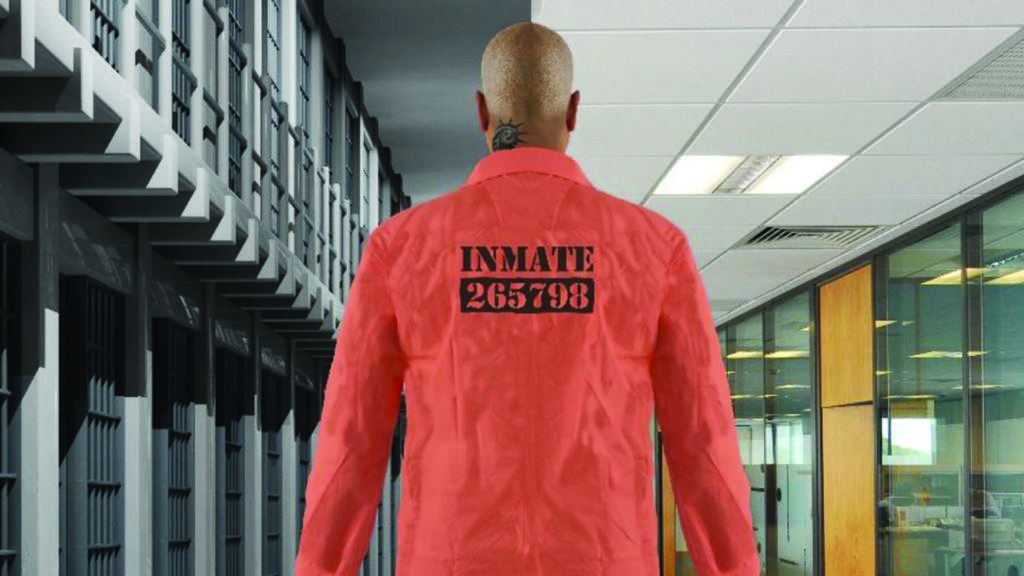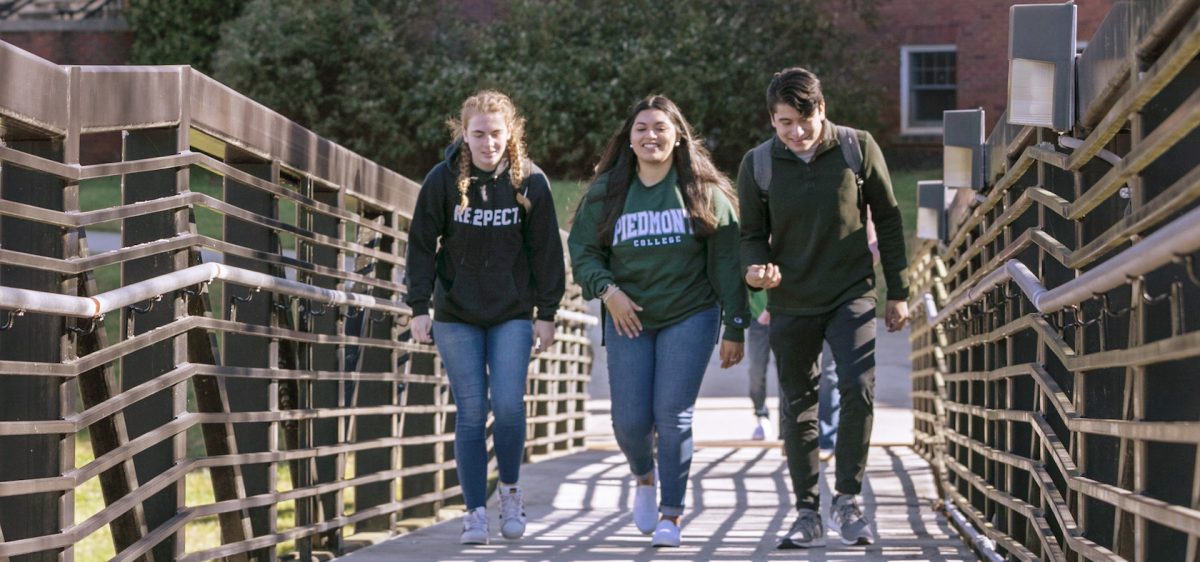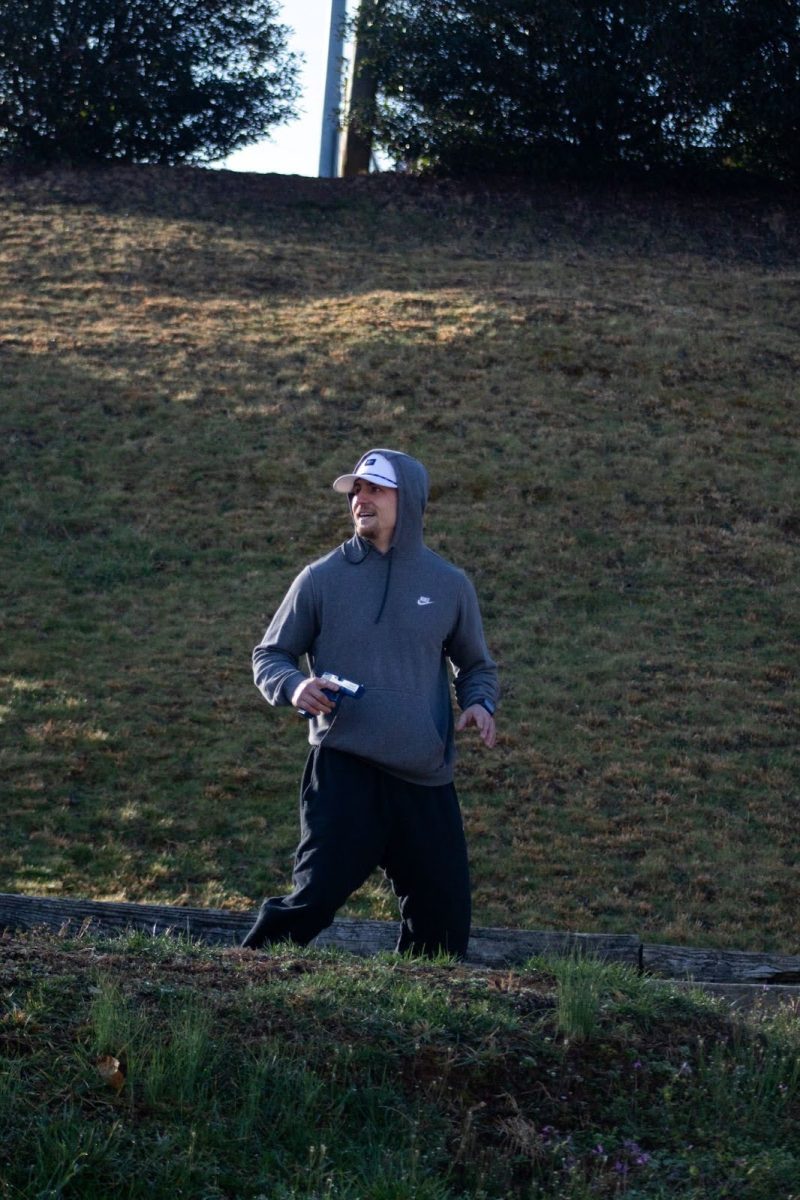
The Washington Gladden Society, Piedmont College’s once-defunct social justice club, has been revived. In the club, students meet to discuss topics that are important to a broad and inclusive awareness of the society we live in, while trying to create opportunities to make a positive impact on their community.
“I wanted students to engage with social issues outside of class,” said Dr. Beth Lovern, professor of anthropology and sociology and Washington Gladden club adviser. “I think it’s important because we can and should be more intentional about the society we want to live in, a society that is inclusive of the needs of all. The emphasis on social justice also aligns well with the mission of Piedmont College and our close association with the Lillian E. Smith Center and her legacy.”
The first item on the club’s agenda is the mostly-overlooked issue of mass incarceration. Collaborating with the U.S. Attorney’s Office for the Northern District of Georgia, the Washington Gladden Society will present a screening of the documentary “Released: When Does the Sentence End?” on Nov. 8 at 2 p.m. in Stewart Auditorium. The club will host a panel discussion after the screening, featuring formerly incarcerated individuals as well as Piedmont psychology professor and former warden of Lee Arrendale State Prison, Dr. Kathy Seabolt.
“Released” is a powerful 45-minute documentary that challenges its viewers to reflect on how they view returning citizens. It confronts how people released from prison continue to pay for the mistakes of their past while still holding out hope for the future.
The Washington Gladden Society hopes to host more events like this one in the future, giving the Piedmont community a chance to consider the realities already facing its own students, as well as those they will face in their future lives and careers.
Laura Platé, freshman English education major and Washington Gladden Society member, is a strong advocate for social justice at Piedmont.
“Social justice is a cause that shouldn’t be a ‘liberal agenda’ item,” she said. “The Pledge of Allegiance clearly states: ‘Liberty and Justice for All,’ not just liberty and justice for those who choose to advocate for certain polarized topics like mass incarceration, human rights and race relations… or for those who don’t. There are so many sides to every issue, and there is always something that can be learned from hearing the other point of view.”
Platé said she has always been interested in social justice, specifically in making sure every child has access to a free, equal and safe education, because the things she takes for granted are the same things that others face a constant battle to attain.
“Washington Gladden is a great place to learn more about those we share our school community with and about how to combat the injustices we see,” Platé said. “As Martin Luther King Jr. said, ‘Injustice anywhere is a threat to justice everywhere.’ After our eyes are open to injustice, it is our duty to stand up and say enough is enough.”








